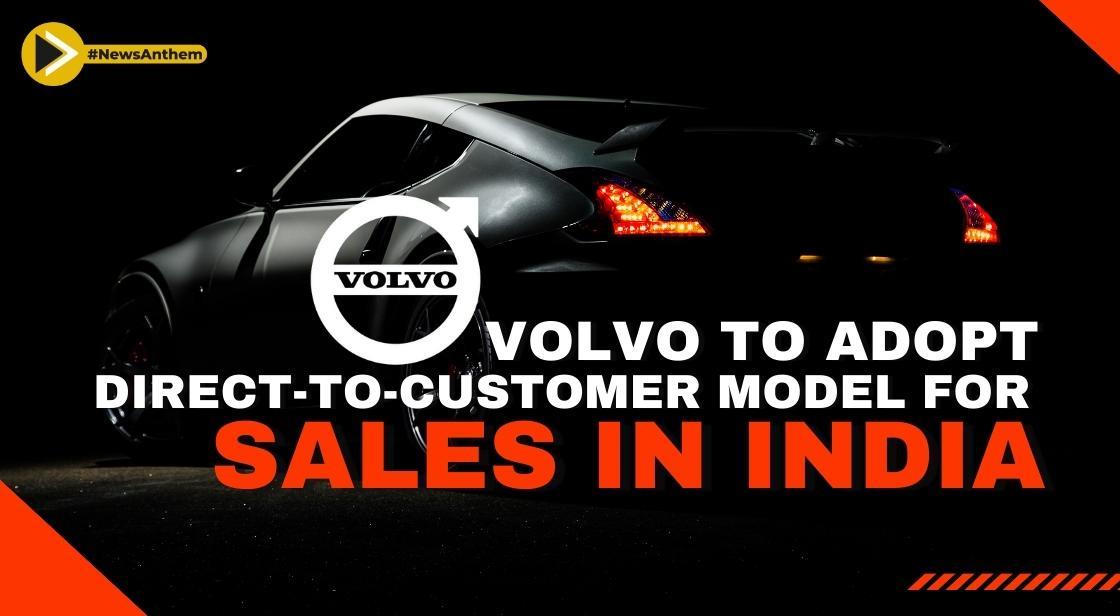Volvo to Embrace Direct-to-Customer Model for Sales in India, Following Mercedes' Lead"

News Synopsis
Volvo, the renowned Swedish luxury car manufacturer, has announced its plans to adopt a direct-to-customer (D2C) model for all its retail sales in India, following in the footsteps of Mercedes Benz. This shift in strategy aims to enhance customer experience and streamline the sales process.
With Volvo becoming the second luxury car company to embrace this model in the Indian market, it marks a significant development in the automotive industry.
Volvo's Move to D2C Model
Jyoti Malhotra, the Managing Director of Volvo Cars India, expressed the brand's intention to gradually transition all its models to the D2C retail business model. Volvo's previous experience with the direct sales approach for the XC40 has yielded positive results, leading to the decision to expand this model to include the C40 Recharge and eventually all other models in their lineup.
Benefits and Execution
By adopting the D2C model, Volvo will take ownership of its entire stock of respective car models and sell them through appointed franchise partners. This allows Volvo to invoice new cars directly to customers, streamlining the purchasing process and ensuring a seamless buying experience. Additionally, Volvo will handle bookings and orders directly, further enhancing customer convenience.
Following Mercedes' Footsteps
Mercedes Benz India was the first luxury car manufacturer to implement the direct-to-customer retail model in October 2021, under its Retail of the Future (ROTF) business model. The success of this approach in India, as well as in other countries like South Africa, Sweden, and Austria, has influenced Volvo's decision to embrace a similar strategy. This trend suggests that other premium carmakers such as BMW, Audi, and JLR may follow suit in the future.
Viability and Future Implications
Industry experts have noted that while the D2C model may not be suitable for mass-market car brands due to their large sales volumes, it presents a viable option for luxury car manufacturers. The success of Tesla, led by Elon Musk, in selling cars directly to customers through an online platform has demonstrated the potential of this approach. While physical showrooms remain crucial for customer experience, the direct sales and transaction process offers increased efficiency and control.
Conclusion
Volvo's decision to adopt the direct-to-customer model for sales in India, following Mercedes' lead, signifies a significant shift in the automotive industry. By streamlining the sales process and enhancing customer experience, Volvo aims to strengthen its market position and drive customer satisfaction.
As luxury car brands continue to explore innovative sales strategies, the D2C model may shape the future of the automotive retail landscape, with potential adoption by other prominent manufacturers in the coming years.









